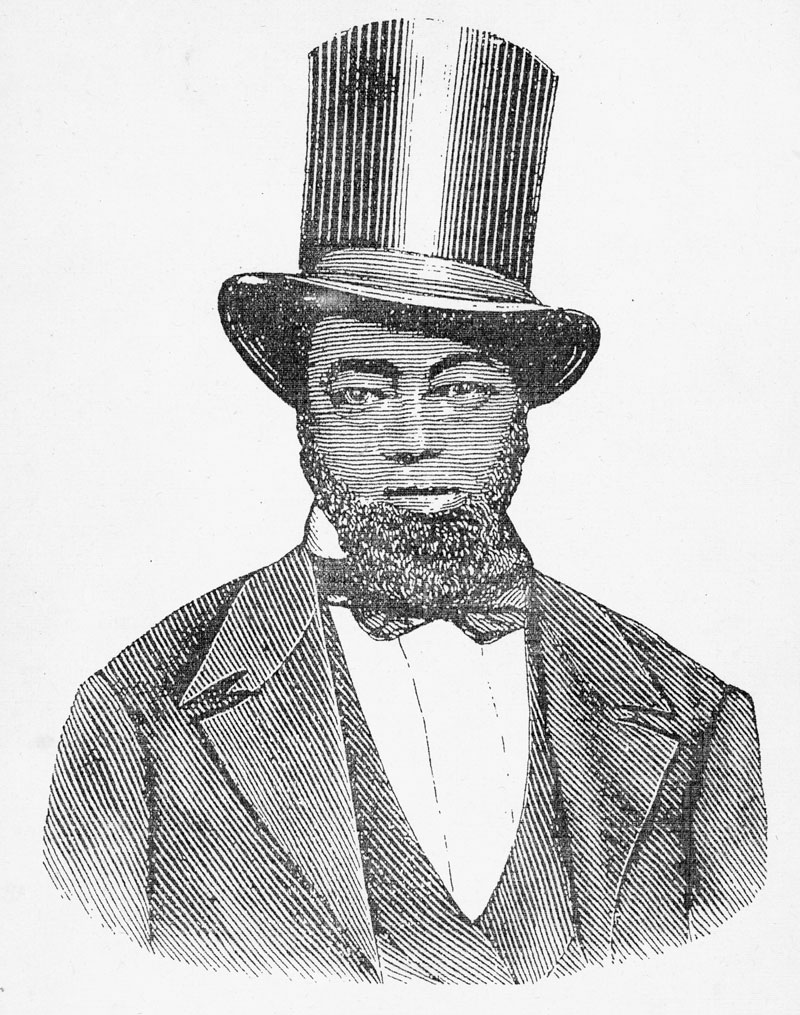The People: Samuel D. Burris

Samuel D. Burris (1813-1863), a free Black man from the Willow Grove area of Kent County, Delaware, risked his own welfare, and that of his wife and five children, while serving as a conductor on the Underground Railroad. Burris willingly assisted enslaved people to safely navigate through Delaware into Pennsylvania. During the 1830s and 1840s, Delaware law severely punished people who aided escaping slaves. Legislation specifically noted that African Americans convicted of such a crime were to be fined, imprisoned, and sold as servants to the highest bidder for a period of seven years. Despite these consequences, Burris chose to defy the law and assisted those who sought freedom.
In 1847, Burris was captured and imprisoned. While awaiting trial, he wrote many letters describing his plight, one of which was printed in the abolitionist newspaper, The Liberator. After his conviction and sentencing, which took place on November 2, 1847 in what is now known as The Old State House, Burris’ pending auction came to the attention of the Pennsylvania Anti-Slavery Society which made secret arrangements to intervene and rescue him.
Wilmington abolitionist Isaac Flint came to Dover for the auction. Unknown to the assembled crowd, authorities, and even Burris himself, Flint offered the deciding bid of $500. After learning of the fateful transaction, Burris was informed that he had been purchased with abolitionist gold. Rather than being sold into servitude for 14 years, he would eventually go to Philadelphia and freedom. Sometime after 1850, Burris and his family made their way west. In San Francisco, he was active in the Zion African Methodist Episcopal Church where his activities included efforts to raise funds to educate escaped slaves.
Samuel D. Burris died in San Francisco on December 3, 1863. His death notice in The Pacific Appeal noted that he was 50 years old. A hero of the Underground Railroad, he lived long enough to see Lincoln’s Emancipation Proclamation freeing slaves in the states under rebellion. However, he would not live long enough to see the end of the Civil War that eventually led to the complete abolition of slavery in the United States.


